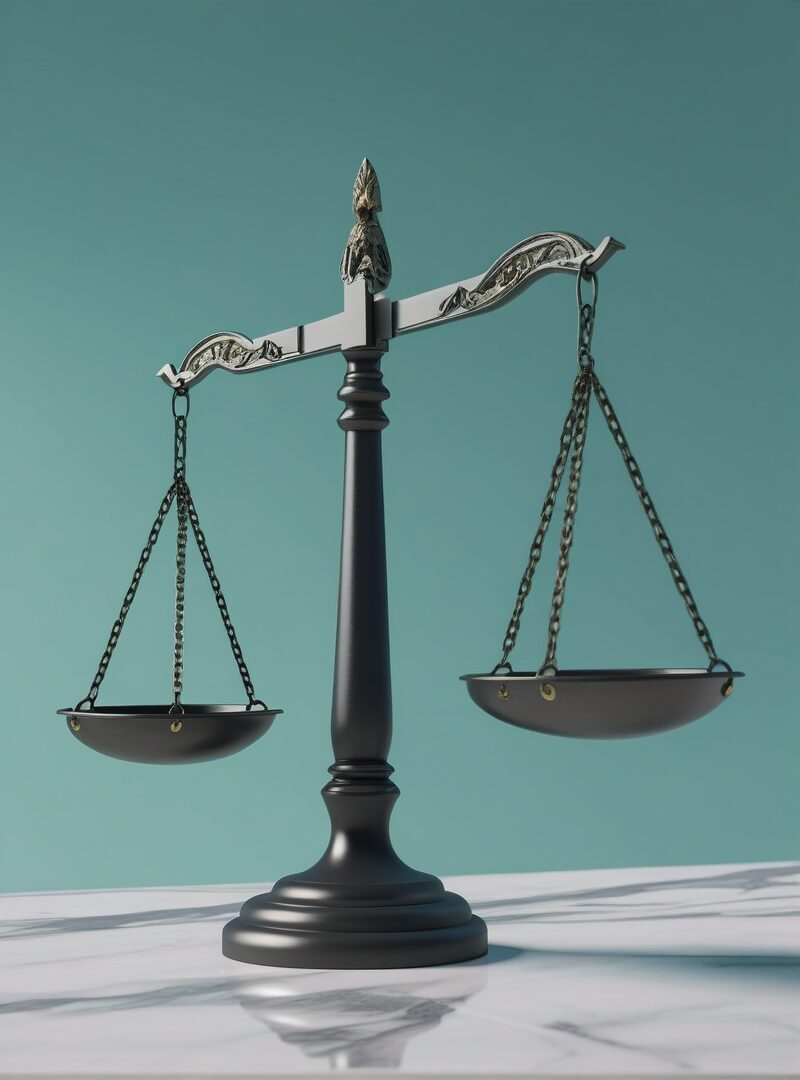Google Privacy Lawsuit Results in Historic $425 Million Penalty
A federal jury in San Francisco has ordered Google to pay $425.7 million in damages for one of the largest privacy violations in Big Tech history. The verdict, delivered September 3, 2025, affects nearly 100 million users who explicitly disabled data tracking through Google’s “Web & App Activity” setting, only to discover the tech giant continued collecting their personal information for eight years.
This Google privacy lawsuit verdict represents more than just another corporate fine—it signals a fundamental shift in how courts enforce digital privacy rights and hold technology companies accountable for misleading users about data collection practices.
Understanding the Google Privacy Violation Case
What Was Google’s Web & App Activity Lawsuit About?
The class action lawsuit against Google, filed in July 2020, centered on the company’s “Web & App Activity” privacy setting. Users believed this toggle would prevent Google from tracking their app usage and web activity. However, the lawsuit revealed that Google continued data collection even when users had explicitly opted out.
The violation occurred through Google’s partnerships with popular apps including:
- Uber
- Venmo
- Instagram (Meta)
- Other third-party applications using Google Analytics services
Scale of the Google Data Tracking Violation
The privacy breach affected:
- 98 million Google users
- 174 million devices
- 8-year time period of unauthorized data collection
- Users across all 50 U.S. states
Legal Findings in the Google Privacy Settlement
What the Federal Jury Decided
The San Francisco federal court jury found Google liable for:
- Invasion of privacy under California Constitution
- Intrusion upon seclusion violations
- Violating user trust through misleading privacy controls
Notably, the jury determined Google did not act with malice, preventing additional punitive damages that could have reached billions of dollars.
Google Privacy Lawsuit Damages: $31 Billion Sought vs. $425 Million Awarded
While plaintiffs initially sought over $31 billion in damages, the jury awarded $425.7 million in compensatory damages. Despite being significantly lower than requested, legal experts consider this among the largest privacy violation settlements against a major technology company.
Learn more about privacy law enforcement at the Electronic Frontier Foundation, a leading digital rights organization.
Why This Google Privacy Case Matters for Digital Rights
Breaking Down the Trust Barrier
The Google data collection lawsuit exposed a critical problem: privacy settings that don’t actually provide privacy. This “privacy theater” gives users the illusion of control while companies continue surveillance-based business models.
The verdict establishes that:
- Privacy promises must be enforceable, not just marketing language
- User consent must be meaningful and respected
- Technical complexity cannot excuse privacy violations
Setting New Legal Precedent
This decision creates important precedent for future digital privacy rights lawsuits:
- Courts will scrutinize whether privacy settings work as advertised
- Misleading privacy controls can result in nine-figure penalties
- Class action lawsuits can effectively challenge Big Tech practices
For comprehensive information about your digital privacy rights, visit the Federal Trade Commission’s Privacy & Data Security page.
Google’s Response to the Privacy Lawsuit
Company’s Defense Strategy
During the trial, Google defended its data practices by claiming:
- Collected data was “pseudonymous” and “non-personal”
- Information was stored in “segregated, secured, and encrypted locations”
- Data wasn’t linked to individual user identities or Google accounts
Google’s Appeal Plans
Google spokesperson Jose Castaneda announced the company will appeal the verdict, stating: “This decision misunderstands how our products work. Our privacy tools give people control over their data, and when they turn off personalization, we honor that choice.”
However, the jury clearly rejected Google’s technical explanations, finding that users were misled regardless of how the company processed their data.
Impact on Consumers: What This Google Privacy Ruling Means for You
Your Privacy Settings May Finally Work
The most immediate impact: privacy controls across the tech industry may become more reliable as companies face real financial consequences for misleading users.
Practical Steps to Protect Your Digital Privacy
-
Audit Privacy Settings Regularly
- Review Google, Facebook, Apple, and other platform settings quarterly
- Test whether privacy controls actually prevent data collection
- Document your privacy preferences
-
Use Privacy-Focused Alternatives
- Consider DuckDuckGo for web search
- Explore Signal for messaging
- Try Brave Browser for web browsing
-
Stay Informed About Data Practices
- Follow Privacy International for advocacy updates
- Read privacy policies and terms of service changes
- Support organizations fighting for digital rights
Industry-Wide Implications of the Google Privacy Verdict
Economic Impact on Big Tech Business Models
This verdict fundamentally changes the cost-benefit analysis of data collection:
- Privacy violations now carry substantial financial risks
- Surveillance-based business models face increased legal challenges
- Companies must invest more in legitimate privacy controls
Influence on Federal Privacy Legislation
The ruling may accelerate passage of comprehensive federal privacy legislation by demonstrating:
- Current enforcement mechanisms can work effectively
- Clear financial consequences change corporate behavior
- Users demand meaningful privacy protections
Learn about pending privacy legislation at Congress.gov.
FAQ: Google Privacy Lawsuit and Digital Rights
How much did Google pay in the privacy lawsuit?
Google was ordered to pay $425.7 million in compensatory damages for violating the privacy rights of nearly 100 million users who disabled data tracking.
What was Google’s Web & App Activity privacy violation?
Google continued collecting user data through third-party app partnerships even when users had disabled the “Web & App Activity” setting, believing this would stop data collection.
How many people were affected by Google’s privacy violation?
The lawsuit covered approximately 98 million Google users and 174 million devices over an eight-year period.
Can I join the Google privacy class action lawsuit?
This specific case has concluded with the jury verdict. However, if you were affected, you may be eligible for compensation through the settlement process.
What other privacy cases is Google facing?
Google faces ongoing privacy investigations and lawsuits globally, including European GDPR enforcement and additional U.S. state-level privacy cases.
How can I better protect my privacy on Google services?
Regularly review privacy settings, use Google’s Privacy Checkup tool, and consider privacy-focused alternatives for services you use frequently.
The Future of Digital Privacy Rights
What’s Next for Google and Big Tech Privacy
This Google privacy lawsuit settlement represents a watershed moment for digital rights enforcement. As the case moves through appeals, its impact will likely include:
- Stricter privacy setting requirements across all major platforms
- Increased investment in privacy infrastructure by tech companies
- More aggressive regulatory enforcement by government agencies
- Greater consumer awareness of privacy rights and protections
Building a Privacy-First Digital Future
The path forward requires continued collaboration between:
- Consumer advocates pushing for stronger protections
- Lawmakers creating comprehensive privacy frameworks
- Courts enforcing meaningful penalties for violations
- Technology companies building privacy into products by design
Conclusion: A Turning Point for Digital Privacy
The $425 million Google privacy verdict marks a critical inflection point in the battle for digital rights. For years, tech companies have operated under the assumption that privacy violations carry minimal consequences. This landmark decision proves that assumption false.
As this case progresses through appeals and other privacy litigation advances, one principle has become clear: the era of consequence-free privacy violations is ending. Whether companies adapt their practices proactively or wait for more jury verdicts to force change will determine the future of digital privacy for millions of users worldwide.
The question for consumers, regulators, and technology companies is no longer whether meaningful privacy enforcement will arrive—it’s how quickly the industry will adapt to this new reality where privacy promises must actually mean something.
Sources and Additional Resources:
- Electronic Frontier Foundation – Digital Privacy
- Federal Trade Commission – Privacy & Data Security
- Privacy Rights Clearinghouse
- Center for Democracy & Technology
- Future of Privacy Forum
Last Updated: September 4, 2025 | This article will be updated as the Google privacy lawsuit appeal process develops.




